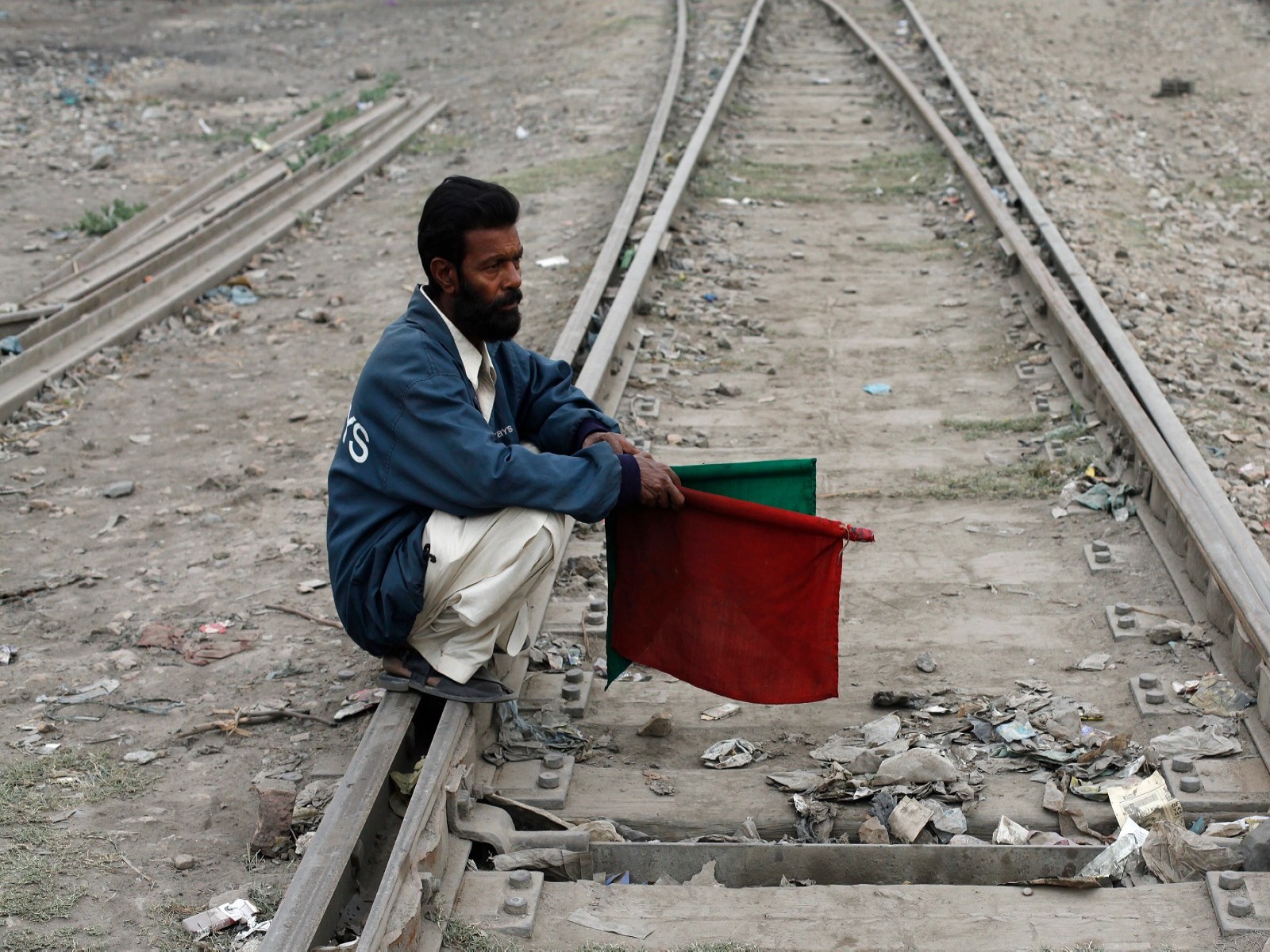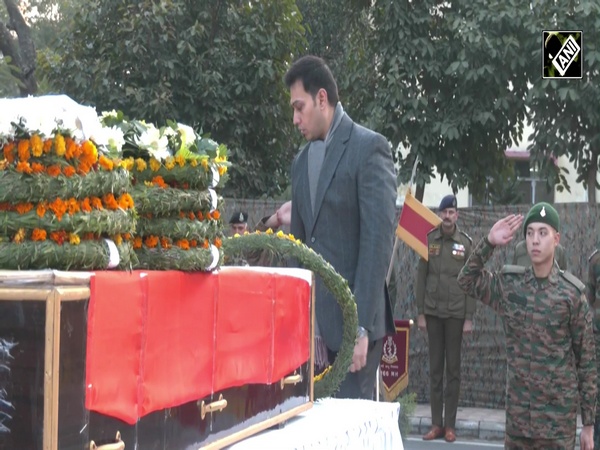Does the terrible bombing in Baghdad prove that ISIS has not been defeated?
Jan 25, 2021

By John Solomou
Nicosia [Cyprus], January 25 : Last Thursday morning the center of the Iraqi capital Baghdad was shaken by a twin suicide bombing which killed at least 32 people and wounded more than 100, almost all Shia Muslims, in a second-hand clothes market in Tayaran Square.
The first suicide bomber, pretending to feel sick, cried out for help and when people went near him he detonated his explosive belt. As people rushed to help the victims, a second bomber blew himself up killing more people. The Islamic State of Iraq and Syria (ISIS) assumed responsibility for the bombing, which it said had targeted "apostate Shiites".
It was the biggest suicide attack in Baghdad since 2018 and, taking into account that in recent weeks ISIS had intensified its attacks on Iraqi Security Forces and civilians, proves the resurgence of ISIS, also known by its Arabic acronym Daesh.
ISIS, which has been designated as a terrorist organisation by the United Nations, became widely known in early 2014 when it drove Iraqi government forces out of key cities in an offensive in western Iraq, followed by its capture of Mosul, and the occupation of about a third of Iraq's territory. It also occupied large swathes of land in Syria.
Videos of beheadings and executions of soldiers, journalists and civilians, the ethnic cleansing and the genocide ISIS has carried out, and its destruction of important cultural heritage sites caused abhorrence to people all over the world.
In mid-2014, an international coalition led by the United States intervened against ISIS in Iraq and Syria with an airstrike campaign and supplied weapons, training, and advisors to the Iraqi Security Forces and the Syrian Democratic Forces.
Tens of thousands of ISIS troops were killed, while its military and financial infrastructure were badly damaged. Russia also intervened against ISIS, exclusively in Syria, killing thousands of terrorist fighters. In July 2017, the group lost control of its largest city, Mosul, to the Iraqi army. In December 2017, Iraqi forces had driven the last remnants of the Islamic State underground and US Vice President Mike Pence boasted "We destroyed the ISIS caliphate."
The Middle East Institute, in a paper prepared by Elizabeth Dent and titled: US policy and the Resurgence of ISIS in Iraq and Syria writes: "While US policy in Iraq has remained laser-focused on Iran and winding down its military presence, ISIS has quietly reconstituted. In the first quarter of 2020 alone, 566 ISIS attacks were reported in Iraq... There is also mounting evidence that the attacks are becoming more sophisticated, targeting military checkpoints and military housing."
The recent decision of the Trump Administration to withdraw troops from Iraq and Afghanistan has caused concern that it could lead to the revival of ISIS. It also dismantled and undercut U.S. diplomatic efforts in the country, pulling out diplomats and aid experts, citing the threat from militias and rocket attacks.
US Marine General Frank McKenzie, who oversees American military operations in the Middle East, said on November 19 that ISIS "still poses a long-term threat in Iraq and Syria." A similar view was expressed earlier by NATO Secretary-General Jens Stoltenberg, who warned against an early withdrawal from the two countries. US Senate Majority Leader Mitch McConnell has described the US withdrawal from both countries as "a mistake."
Antony H. Cordesman, of the Centre for Strategic and International Studies, says that the US may have helped to break the ISIS caliphate in Syria and Iraq, "but it has scarcely defeated it...Taking back Iraqi and Syrian towns and cities from ISIS was a major achievement, but the 'physical' destruction involved did not cripple ISIS. It instead involved the destruction of the homes and businesses of ordinary people. If anything, the Iraqi government's poor performance in restoring those homes and business has created a serious new cause of the instability that aids the potential recovery of ISIS - as does the creation of new refugee and displaced populations in Syria."
Vladimir Voronkov, head of the UN Office of Counter-Terrorism last August told the Security Council that "ISIS fighters moving freely in small cells evaded capture by moving into deserts and mountains, especially along the border between Iraq and Syria. discontinued to consolidate its position in some areas previously under its control, operating increasingly confidently and openly."
Undoubtedly, due to the covid-19 pandemic and the reduction in size and presence of US troops, security gaps in Iraq have worsened, allowing ISIS to move more freely, smuggle militants across borders, and carry out attacks on Iraqi soil, particularly in the countryside.
As long as the root causes of ISIS proliferation, such as the perceived marginalization of the local Sunni population, the ineffective governance and service delivery, as well as sectarian divisions continue to exist, and as long as the withdrawal of US troops from Iraq takes place, the resurgence of ISIS in Iraq appears to be sure.
Former US Ambassador to Iraq James F.Jeffry points out: "Without US assistance, Iraqi forces could at best keep ISIS from controlling broad swathes of territory. But under the pressure or intimidation of Iran, the government in Baghdad might erroneously conclude either that it can cope without the US or coalition support, or that even a robust ISIS presence in the Sunni Arab areas is preferable to a U.S. military presence."




















